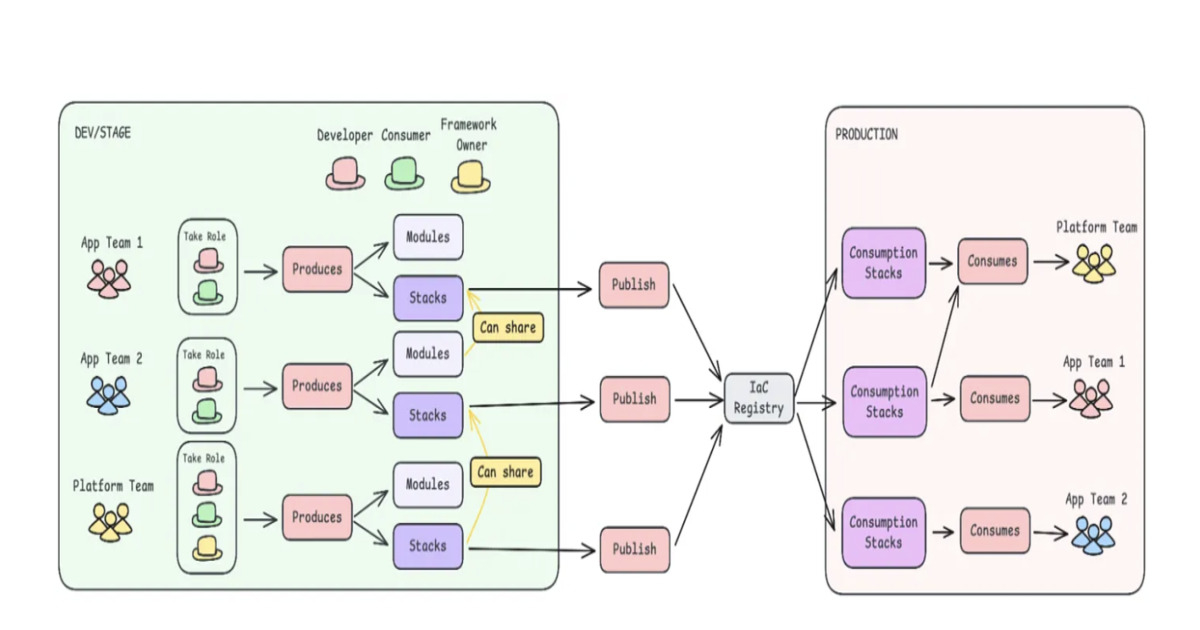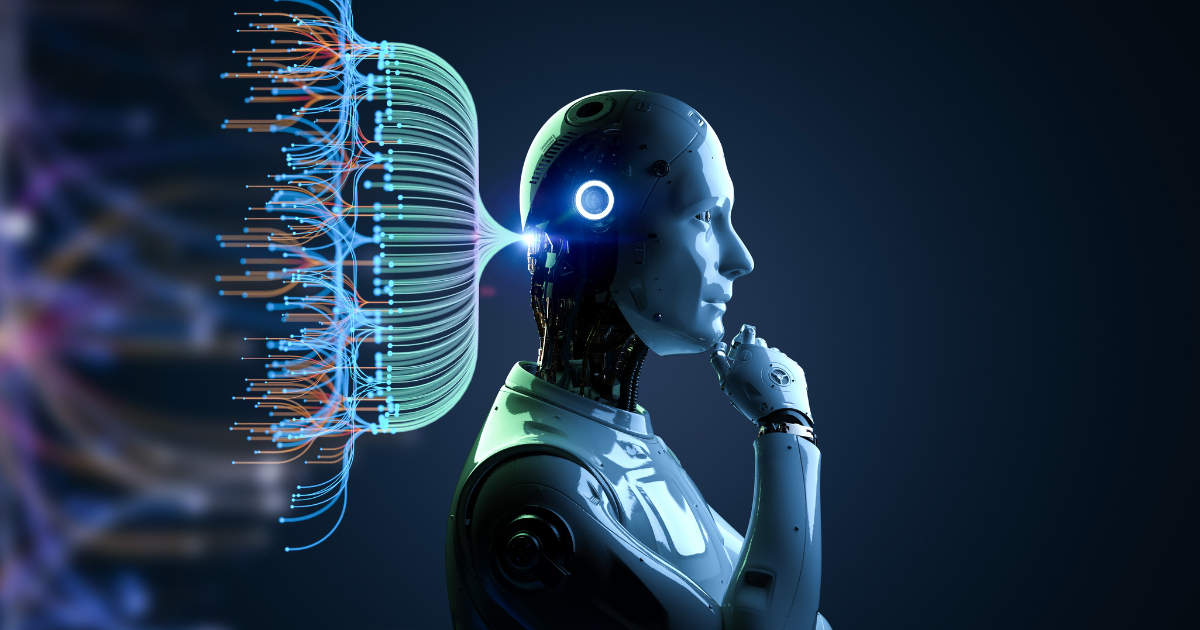Codetown
Codetown ::: a software developer's community
April 2015 Blog Posts (2)
 JavaOne
JavaOne
Folks,
Perhaps this is old news for you, but JavaOne San Francisco registration is live. Various saving options are available leading up to the conference, and to take advantage of the current US$600 in savings registration needs to be completed by May 31st, 2015 (11:59pm PT).
I encourage you to read through the registration options by visiting the JavaOne registration site:…
Added by Michael Levin on April 24, 2015 at 11:00am — No Comments
 An Inside Look at the Components of a Recommendation Engine
An Inside Look at the Components of a Recommendation Engine
Recommendation engines help narrow your choices to those that best meet your particular needs. In this post, we’re going to take a closer look at how all the different components of a recommendation engine work together. We’re going to use collaborative filtering on movie ratings data to recommend movies. The key components are a collaborative filtering algorithm in Apache Mahout to build and train a machine learning model,…
ContinueAdded by Carol McDonald on April 13, 2015 at 9:14am — 1 Comment
Featured Blog Posts
Latest Blog Posts
- New Java features
- Free Eclipse book, recently published
- What is vibe coding?
- You can now download the source code that sparked the AI boom
- 50% Keyboard Guide: Tiny Typists' Delight
- Software language criteria
- We have some exciting news to share with you. Otavio will be joining us to discuss the latest version of Camel in an exclusive presentation. Presentation Details: Speaker: Otavio Rodolfo Piske Topic:…
Most Popular Blog Posts
Monthly Archives
2025
2024
- June (1)
2023
2022
2021
2020
2019
- December (1)
- November (1)
- October (1)
- September (1)
- August (2)
- July (1)
- June (4)
- May (1)
- March (2)
- February (1)
- January (2)
2018
2017
2016
- December (18)
- November (10)
- September (3)
- August (1)
- July (3)
- June (7)
- May (6)
- April (5)
- March (2)
- February (2)
- January (4)
2015
- December (4)
- November (2)
- October (2)
- August (1)
- July (2)
- June (1)
- April (2)
- March (6)
- February (1)
- January (6)
2014
2013
2012
- December (5)
- October (3)
- September (4)
- August (1)
- July (4)
- June (4)
- May (1)
- April (3)
- March (4)
- February (7)
- January (3)
2011
- December (1)
- November (7)
- October (6)
- September (7)
- August (3)
- July (9)
- June (5)
- May (7)
- April (2)
- March (2)
- February (3)
- January (4)
2010
- December (6)
- November (3)
- October (2)
- August (6)
- July (1)
- May (4)
- April (3)
- March (11)
- February (5)
- January (13)
2009
- December (10)
- November (4)
- October (7)
- September (4)
- August (5)
- July (2)
- June (3)
- May (9)
- April (2)
- March (8)
- February (3)
- January (1)
2008
Notes
Welcome to Codetown!
 Codetown is a social network. It's got blogs, forums, groups, personal pages and more! You might think of Codetown as a funky camper van with lots of compartments for your stuff and a great multimedia system, too! Best of all, Codetown has room for all of your friends.
Codetown is a social network. It's got blogs, forums, groups, personal pages and more! You might think of Codetown as a funky camper van with lots of compartments for your stuff and a great multimedia system, too! Best of all, Codetown has room for all of your friends.
Created by Michael Levin Dec 18, 2008 at 6:56pm. Last updated by Michael Levin May 4, 2018.
Looking for Jobs or Staff?
Check out the Codetown Jobs group.
InfoQ Reading List
Google Launches Automated Review Feature in Gemini CLI Conductor

Google has enhanced its Gemini CLI extension, Conductor, by adding support for automated reviews. The company says this update allows Conductor "to go beyond just planning and execution into validation", enabling it to check AI-generated code for quality and adherence to guidelines, strengthening confidence, safety, and control in AI-assisted development workflows.
By Sergio De SimoneFrom Central Control to Team Autonomy: Rethinking Infrastructure Delivery

Adidas engineers describe shifting from a centralized Infrastructure-as-Code model to a decentralized one. Five teams autonomously deployed over 81 new infrastructure stacks in two months, using layered IaC modules, automated pipelines, and shared frameworks. The redesign illustrates how to scale infrastructure delivery while maintaining governance at scale.
By Leela KumiliGoogle Publishes Scaling Principles for Agentic Architectures

Researchers from Google and MIT published a paper describing a predictive framework for scaling multi-agent systems. The framework shows that there is a tool-coordination trade-off and it can be used to select an optimal agentic architecture for a given task.
By Anthony AlfordGoogle Cloud Brings Full OpenTelemetry Support to Cloud Monitoring Metrics

Google Cloud recently unveiled broad support for the OpenTelemetry Protocol (OTLP) in Cloud Monitoring, marking a step toward unifying telemetry collection across its observability stack.
By Craig RisiAWS Launches Agent Plugins to Automate Cloud Deployment

AWS launched Agent Plugins for AWS, providing AI coding agents with specialized deployment skills. The initial deploy-on-aws plugin transforms workflows by accepting commands like "deploy to AWS" and generating complete pipelines with architecture recommendations, cost estimates, and infrastructure code. Supported in Claude Code and Cursor, AWS claims 10-minute deployments versus hours manually.
By Steef-Jan Wiggers
© 2026 Created by Michael Levin.
Powered by
![]()